La Gioia
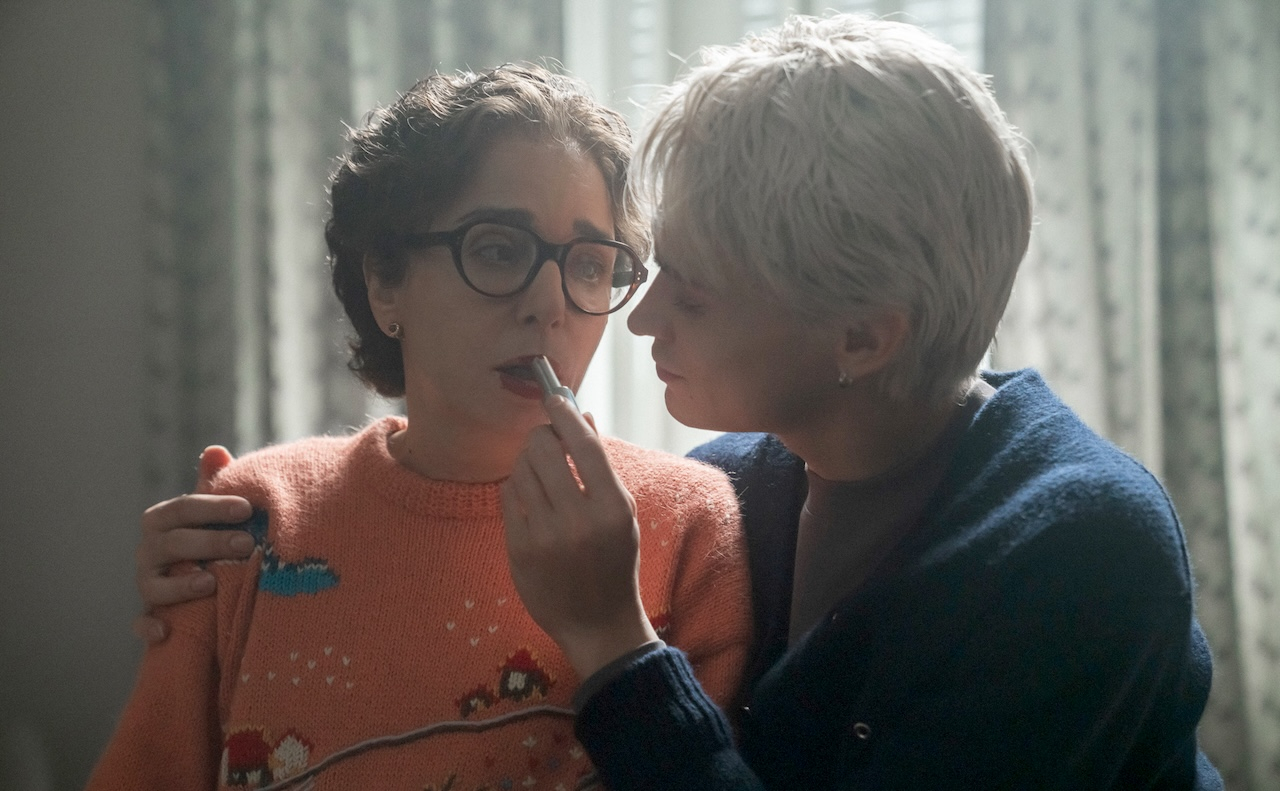
Nicholangelo Gelormini’s La Gioia offers a meticulous exploration of its titular character’s inner world, rendered with patient, almost surgical precision. The film follows Gioia (Valeria Golino), a middle-aged French teacher whose life is defined by service – to her students, her overbearing mother, her ailing father – and a deeply ingrained sense of obligation and gratitude. Gelormini lingers on the minutiae of her stifling domestic life: the way she mirrors her mother’s clothing, the careful, measured steps she takes through the house, and the constant, probing questions about her whereabouts. Golino’s performance is disorienting, embodying a woman whose vivid inner world is perpetually constrained by duty and routine.
The narrative shifts with the arrival of the charming Alessio (Saul Nanni), a delinquent student tutored by Gioia who engages in sex work to support his single mother. Their evolving relationship is morally ambiguous and voyeuristically intimate, as Gelormini captures the protagonist’s attraction with subtle tension, portraying her jealousy, desire and fleeting fantasies of escape – reveries that ultimately unravel her carefully ordered life. More often than not, Alessio appears less as a fully realised character and more as an embodiment of Gioia’s desires and anxieties, reinforcing that the story is primarily invested in her interior life rather than external drama.
Visually, the film foregrounds imbalance and separation, using physical space to mirror emotional distance. In a striking sequence, Alessio stands isolated on a school sports field while Gioia gazes from a second-floor classroom window, the contrast of light and shadow placing emphasis on the unbridgeable gap between them. Gelormini demonstrates a profound attentiveness to the psychological resonance of space: half-lit kitchens, narrow corridors, and sprawling, empty forests do more than situate the characters – they externalise Gioia’s internal confinement, her sense of being constrained by circumstance and imposed boundaries. The environments operate as extensions of her psyche, giving tangible form to the pressures and limitations that guide her decisions and intensify her previous isolation. By the end, the movie captures the breaking point of a life trapped by obligation, as Gioia’s suppressed desires surface, colliding with the moral and social boundaries that have long restrained her.
Christina Yang
La Gioia does not have a release date yet.
Read more reviews from our Venice Film Festival coverage here.
For further information about the event visit the Venice Film Festival website here.




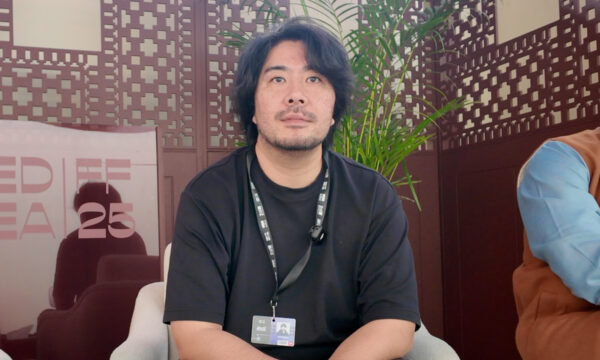
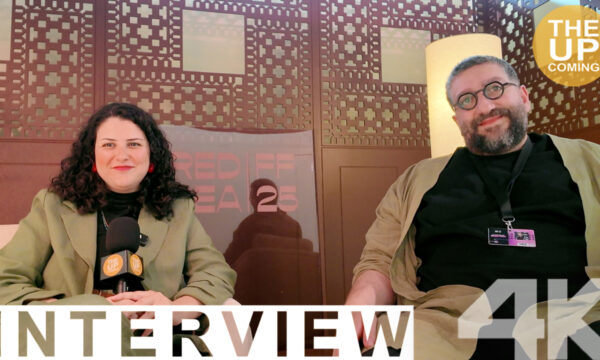
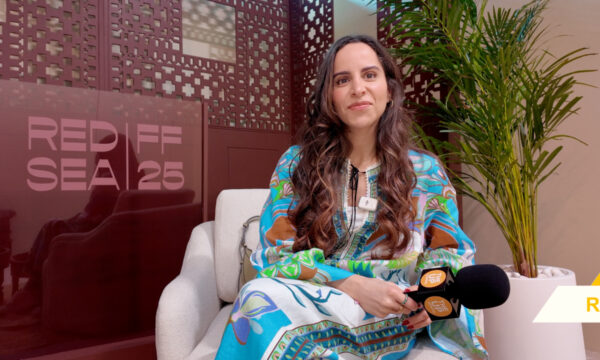
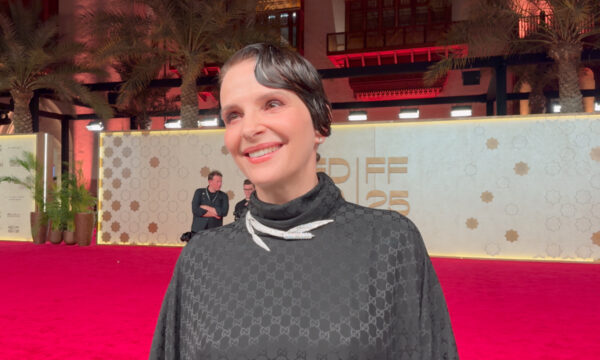
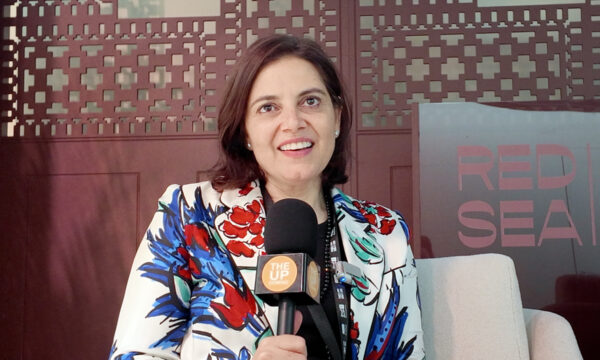
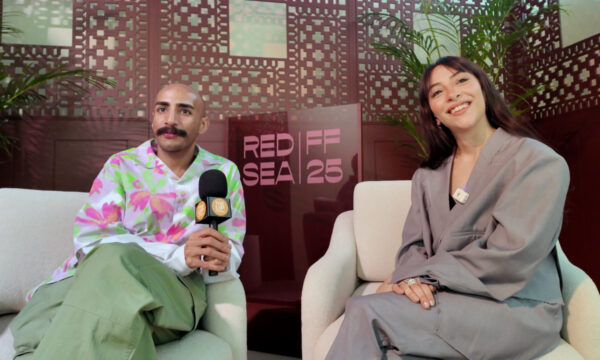
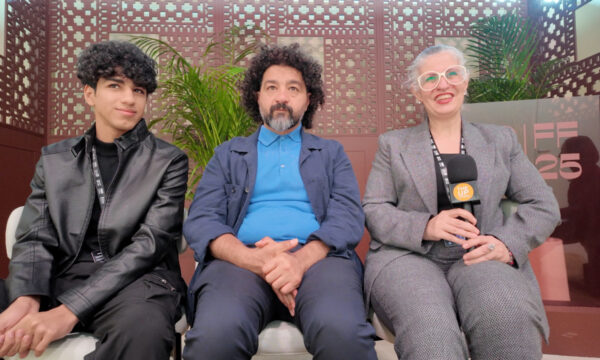




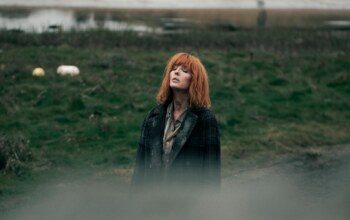







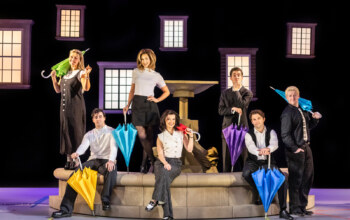
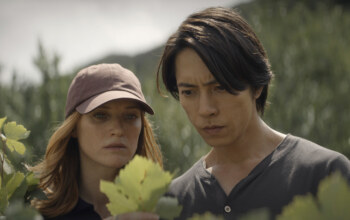
Facebook
Twitter
Instagram
YouTube
RSS